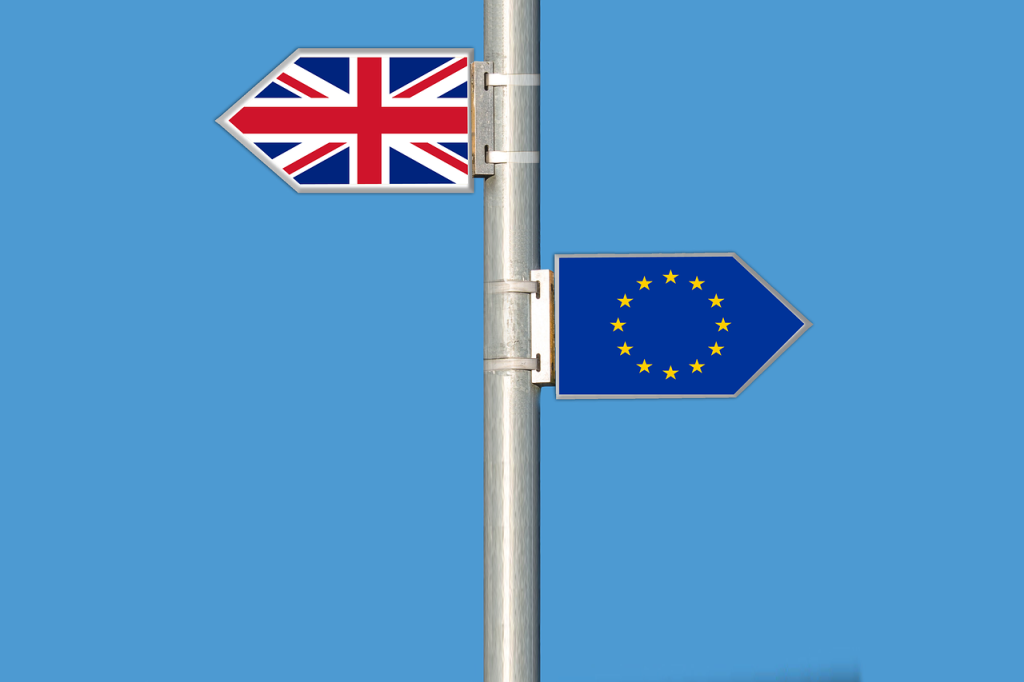 With the UK due to leave the EU in less than two months, we are still no closer to clarity on the basis on which this will take place. Earlier this month, Parliament voted against the deal proposed by the Prime Minister, with the deal only finding support from around 31% of members of parliament. A ‘no-deal’ Brexit is now therefore a very real possibility. To add further uncertainty, there is mounting pressure for a further UK referendum on remaining in the EU. However, it seems unlikely that this will happen, given Theresa May’s view that it would be an undemocratic breach of trust with the British people, who previously voted to Leave.
With the UK due to leave the EU in less than two months, we are still no closer to clarity on the basis on which this will take place. Earlier this month, Parliament voted against the deal proposed by the Prime Minister, with the deal only finding support from around 31% of members of parliament. A ‘no-deal’ Brexit is now therefore a very real possibility. To add further uncertainty, there is mounting pressure for a further UK referendum on remaining in the EU. However, it seems unlikely that this will happen, given Theresa May’s view that it would be an undemocratic breach of trust with the British people, who previously voted to Leave.
In a recent post, Bristows analysed what Brexit could mean for copyright in the UK. Although that post was predicated on the then-pending deal, the authors note that “Leaving aside for the moment the terms of both the separation and the future relationship, one certainty is that the various international instruments relevant to copyright to which the UK is a signatory will remain unaffected, thus ensuring that the UK is required to continue to abide by the substantive minima of protection prescribed in those instruments. These include the Berne Convention, Rome Convention, TRIPS Agreement, WIPO Copyright Treaty, and WIPO Performances and Phonograms Treaty.” Consequently, the potential impact of Brexit on copyright law is perhaps less pronounced than for other intellectual property rights, regardless of the basis on which the UK leaves the EU. Also, much of the UK’s domestic copyright law is derived from harmonising EU directives that would be preserved under the Withdrawal Act.
As 29 March approaches though, the prospect of a no-deal Brexit becomes increasingly likely, given that there is (at present) no sign of a deal being agreed. The UK government has published a detailed notice explaining the potential implications of a no-deal Brexit scenario for copyright and outlining possible actions for businesses and other stakeholders. In addition to confirming, as mentioned above, that the “UK’s continued membership of the main international treaties on copyright will ensure that the scope of protection for copyright works in the UK and for UK works abroad will remain largely unchanged”, it also points out that “the EU cross-border copyright mechanisms extend only to member states of the EU or EEA. On exit, the UK will be treated by the EU and EEA as a third country and the reciprocal element of these mechanisms will cease to apply to the UK.” This will almost certainly have consequences for copyright holders and businesses, with likely requirements for additional permissions and implications for licensing.
The specific cross-border copyright mechanisms identified in the notice include sui generis database rights, portability of online content, the country-of-origin principle for copyright clearance in satellite broadcasting, collective management of copyright and the orphan works copyright exception. It would certainly be prudent for copyright holders and businesses to start preparing for a potential no-deal scenario as, for example, UK owners of UK database rights may find that their rights are unenforceable in the EEA, and UK-based satellite broadcasters that currently rely on the country-of-origin copyright clearance rule when broadcasting into the EEA may need to clear copyright in each member state to which they broadcast. There could also be an impact on UK consumers who, for example, may see restrictions to their online content services when they temporarily visit the EU.
A final important issue is the effect of a no-deal Brexit on two significant copyright-related proposals pending in the context of the European Commission’s Digital Single Market strategy. First, there is the proposed directive on Copyright in the Digital Single Market, which includes the much-debated press publishers’ right and similarly controversial obligations for platforms which effectively require them to deploy filtering technology. Secondly, there is the proposed regulation laying down rules on the exercise of copyright and related rights applicable to certain online transmissions of broadcasting organisations and retransmissions of television and radio programmes. If the UK fails to reach a deal with the EU by 29 March, it would not be required to implement the directive and the regulation would not be directly applicable in the UK.
________________________
To make sure you do not miss out on regular updates from the Kluwer Copyright Blog, please subscribe here.


